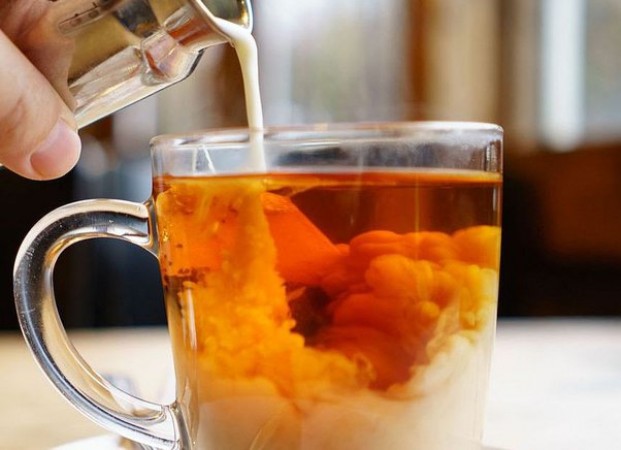
Tea is one of the world's most popular beverages, known for its potential health benefits and soothing properties. In many cultures, it's common to add milk to tea, creating various concoctions like chai, English breakfast tea, or Hong Kong-style milk tea. However, the practice of adding milk to tea has sparked debates regarding its impact on health. Some argue that it enhances the tea's flavor and adds creaminess, while others claim it may have adverse effects on health. This article aims to delve into the science behind adding milk to tea and whether it is indeed harmful.
The Tradition of Adding Milk to Tea:
The tradition of adding milk to tea dates back centuries. It's believed to have started in the early 17th century in France and later gained popularity in England. The British started adding milk to their tea to reduce the bitterness of strong, black teas, and the practice eventually spread worldwide.
Myths and Concerns:
Decreased Antioxidant Activity: One common concern is that milk may reduce the antioxidant activity of tea. Antioxidants in tea, like catechins and polyphenols, are believed to offer various health benefits, including protecting cells from oxidative damage. Some studies suggest that the casein protein in milk may bind to these antioxidants, potentially reducing their bioavailability.
Digestive Issues: For some individuals, adding milk to tea may lead to digestive discomfort. This is more likely to occur in individuals with lactose intolerance. Lactose, the sugar found in milk, can cause bloating, gas, and diarrhea in people who lack the enzyme needed to digest it.
Reduced Weight Loss Benefits: Green tea, in particular, has been associated with weight loss and improved metabolism. Some argue that adding milk might counteract these benefits. The theory is that milk proteins could bind to the tea's beneficial compounds, hindering their effectiveness.
The Reality:
While these concerns are valid to some extent, the impact of adding milk to tea varies based on several factors.
Antioxidant Activity: Research on the impact of milk on tea's antioxidant activity is mixed. Some studies suggest a potential reduction, while others show minimal effect. The extent to which milk interferes with antioxidants depends on factors like the type of tea, milk fat content, and brewing time. Adding less milk or opting for low-fat milk may minimize any potential reduction in antioxidant activity.
Digestive Issues: If you're lactose intolerant, adding regular milk to tea can indeed cause digestive discomfort. However, lactose-free milk or plant-based alternatives like almond, soy, or oat milk can be suitable substitutes. These options provide creaminess without the lactose-related issues.
Weight Loss Benefits: While milk may theoretically reduce the effectiveness of green tea's weight loss benefits, the impact is likely modest. Moreover, the difference it makes is unlikely to outweigh the potential health benefits of milk if consumed in moderation.
The choice of adding milk to tea is a matter of personal preference and tolerance. It's essential to consider individual dietary needs and goals when deciding whether to include milk in your tea. For most people, adding a small amount of milk to tea is unlikely to significantly impact its potential health benefits. However, if you have specific dietary restrictions or health concerns, alternatives like lactose-free or plant-based milk options can provide a creamy texture without the drawbacks of regular milk. Ultimately, moderation and mindful consumption are key to enjoying tea with or without milk while reaping its potential health benefits.
Syria: Funeral held for Victims of Graduation Ceremony Attack at Military Academy
How to Look and Feel Your Best as You Age: Top 10 Skincare Tips for Mature Skin
How to Recognize Hypoglycemia? Symptoms and Remedies